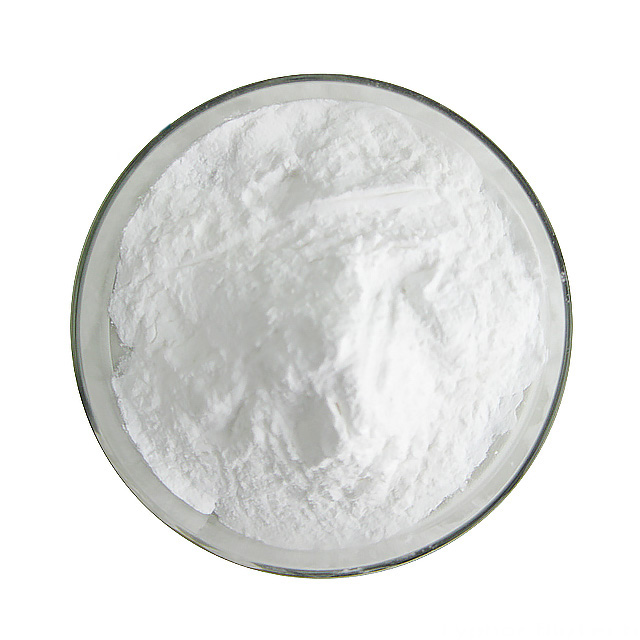DMPS is a broad-spectrum antidote of heavy metals, and is also used in the therapy of hepatolenticular degeneration, HLD (also known as Wilson’s disease). DMPS effect on hydrargyrism is better than that of dimercaptopropanol, but it has lower toxicity. DMPS is used as antidote of toxicosis from mercury, arsenic, chromium, bismuth, copper, antimony, etc. It is also effective on hepatolenticular degeneration, HLD (Wilson’s disease) with long-term use.
Function:
DMPS is indicated for the treatment of lead poisoning in children with blood level measured above 45 µg/dL. The use of DMPS is not approved for prophylactic/prevention of lead poisoning in anticipation of exposure in known lead contaminated environments. Its elimination half-life is 2.5-3.5 h. DMPS can cross the blood–brain barrier of mice, but not that of humans, limiting its use to extracting heavy metals from parts of the body other than the central nervous system.
Another application for DMPS is for provocation of tissue heavy metals in anticipation of a urine test. This is sometimes called a "challenge" or "provoked" heavy metals test. DMPS is used to help mobilize heavy metals stored in body tissues (and therefore not typically present in the circulation) and increase the excretion of heavy metals in the urine. In a study by Howard Frumkin et al., this sort of test was shown to not reliably provide an indication of past chronic mercury exposure, something it was often used for. A 2004 study by GP Archbold, et al. called the results of a DMPS challenge test "misleading" for the purposes of diagnosing mercury toxicity. Moreover, DMPS share the limitation of extracellular distribution, which makes it unable to cross the cell membrane and chelate heavy metals from intracellular sites.
The relative activities of a series of novel monoalkyl esters of 2,3-dimercapto-1-propanesulfonate Sodium (DMPS) have been examined as agents for the mobilization of cadmium, lead and arsenic owing to the ability of these monoesters to cross cell membranes. The monoesters were found to be more effective than the parent compound DMPS.



